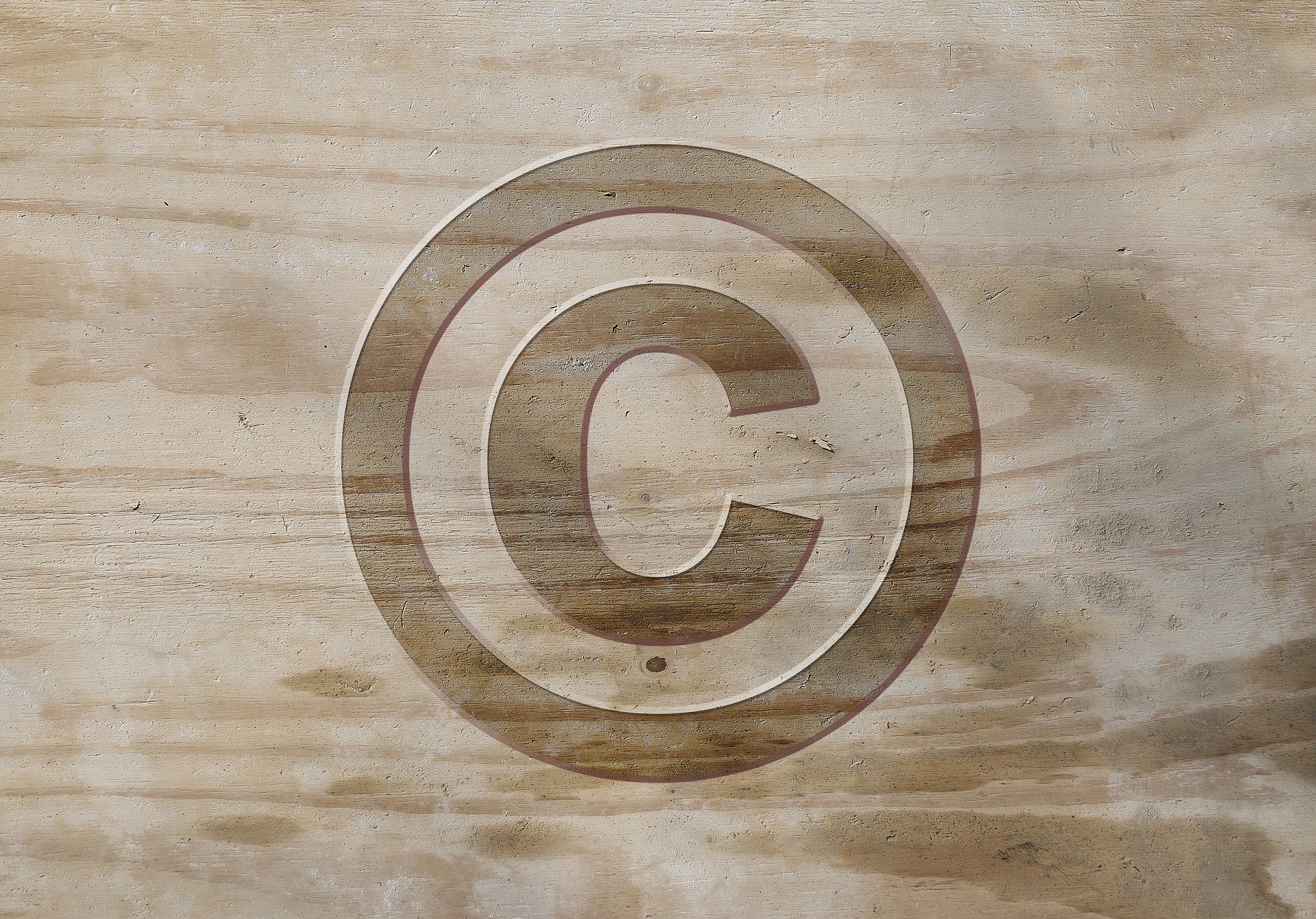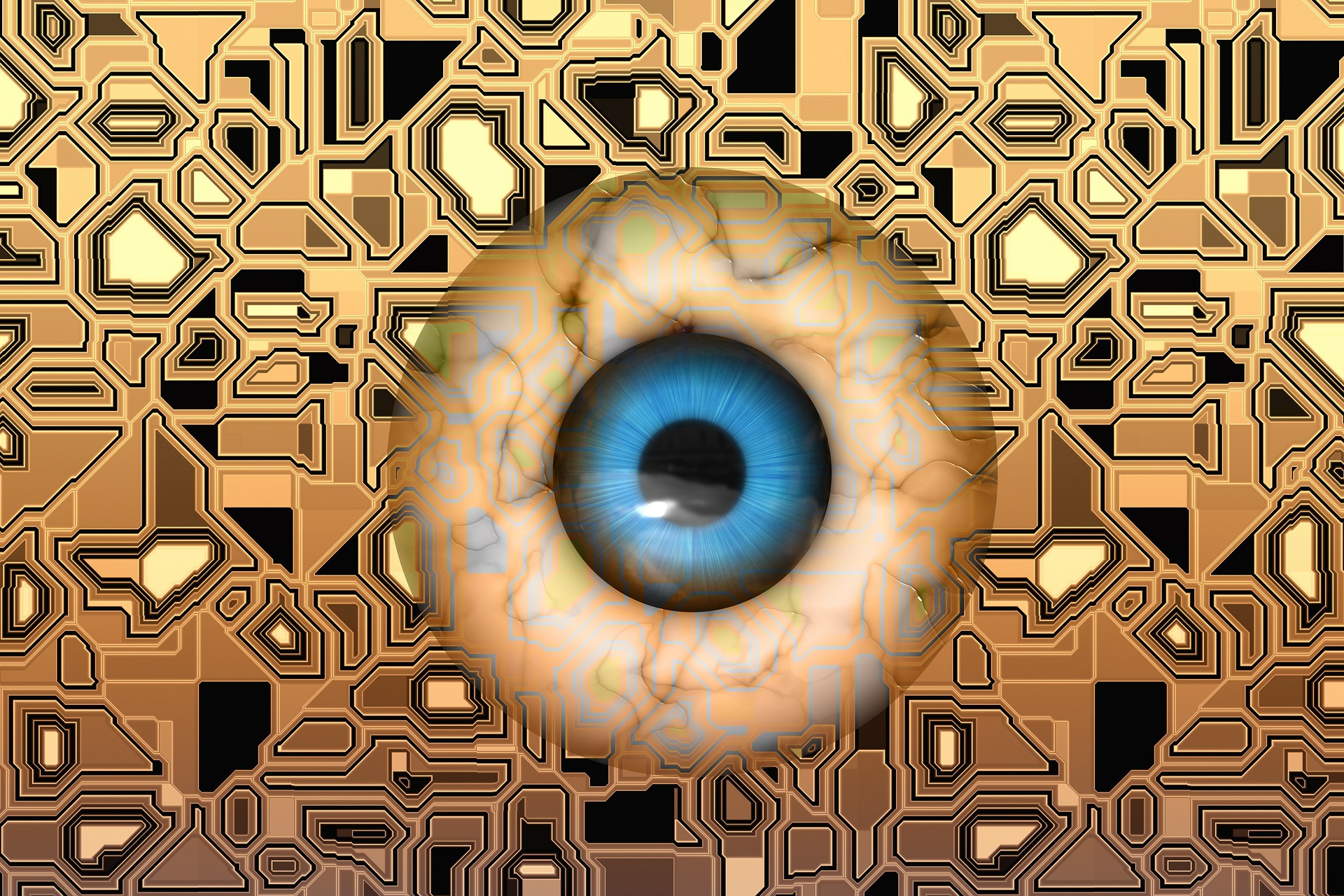Latest blog articles
-
A new copyright reform (Music Modernization Act) was passed in the US Senate in 2018, comprising reforms on the term of protection for works played through online digital music services such as Spotify, Apple Music and Pandora. However, can copyright keep on being repeatedly extended? Is this...
-
Electronics companies increasingly engage in patent aggregation, that is to accrue patents without using them for manufacturing purposes. So far, it is unclear whether such behaviour has negative effects on innovation. If it did, could EU competition law remedy it?
-
E-personhood is a term proposed in a draft report by the EU Parliament, about civil rules and laws on Robotics. This legal status aims at ensuring rights and responsibilities for the most capable AI agents. An intense debate about its usefulness is taking place in the EU.
-
The quality of a granted patent is dependent on the quality of the patent application. For the companies where scientists write their own patents, IP legal training for scientists can help improving their patent drafting skills.
-
The advancement of big data may lead to a revolution in the health sector by enabling the personalization of medicine. However, there are still uncertainties regarding the ownership of the data available, and also whether users should be entitled to compensation for the utilisation of their data.
-
The recent cancellation decision of the word mark “BigMac” by the EUIPO Cancellation Division has raised several questions: is use of a trade mark on a website sufficient to fulfil the requirement of making genuine use of the mark? Or is evidence of sales required?
-
With the development of international trade, local products have started to spread all around the world and become popular worldwide. Geographical indications (GIs) are meant to protect the use of the name that indicates certain characteristics and the origin of products typical for a particular...
-
Artificial Intelligence has become a key player in today's society, especially with regards to technological and medical advances. However the question is, has the current patent system been able to provide suitable protection for inventions relying on Artificial Intelligence without human input?
-
Unlike other sectors, improvements in Genetic technology raise issues of morality. The new human gene editing technology CRISPR/CAS9 has raised many such concerns. Can the current patent system deal with these concerns or should morality be dealt with by the inventors themselves?
-
The need to guarantee the free flow of information in a Big Data economy forces us to re-think Intellectual Property Rights and find an appropriate balance between competition, innovation, privacy and incentives.









